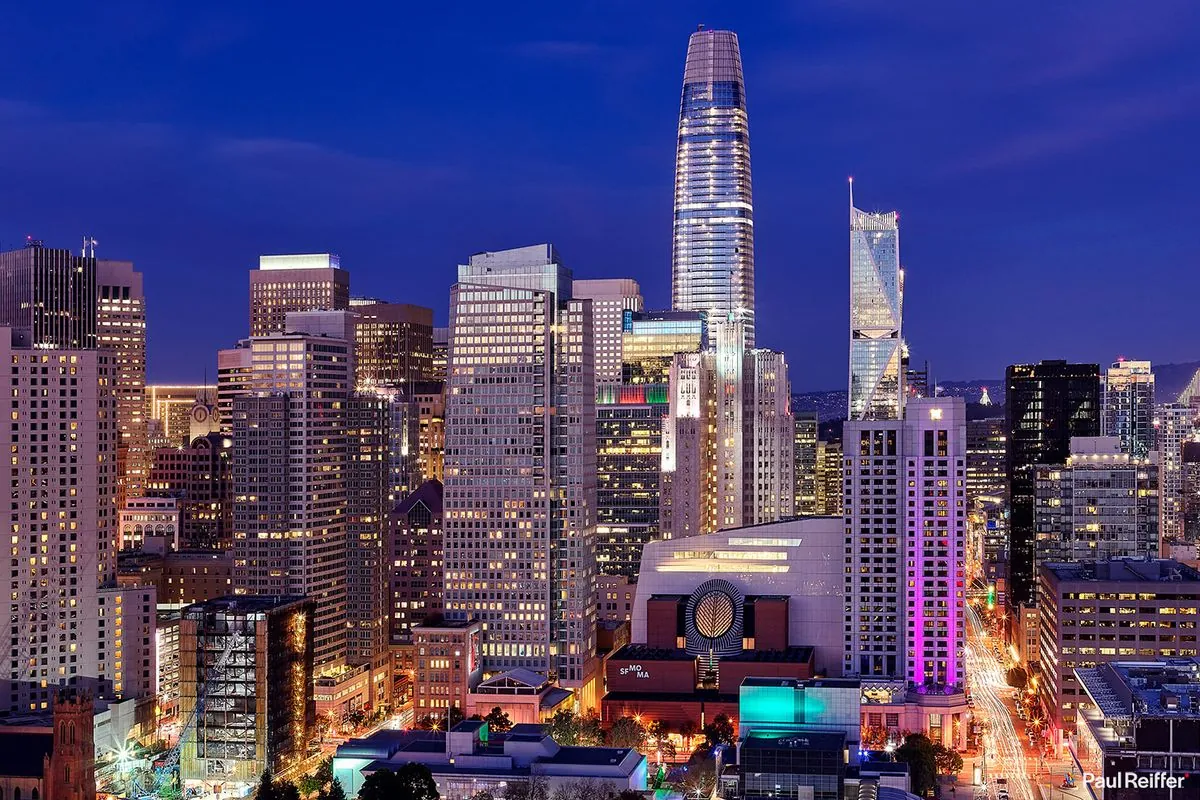Inflation has emerged as a critical issue in the upcoming 2024 US election, with recent data revealing a complex economic landscape that could significantly impact the race. A Washington Post analysis of Bureau of Labor Statistics (BLS) data has uncovered a notable trend: areas that showed stronger support for Donald Trump in 2020 have experienced higher inflation rates since then.
The analysis focused on 21 metropolitan areas where the BLS tracks price data, highlighting a persistent challenge for Democratic candidates in the upcoming election. Sun Belt regions, which have become increasingly important in the electoral map, have seen the most dramatic price increases.
Between January 2021 and June 2024, overall prices rose by 20%, compared to just 4.6% during the same period from 2017 to 2020. This significant jump in inflation has been particularly pronounced in several swing states, potentially influencing voter sentiment in crucial battleground areas.
Large metropolitan areas, traditionally strongholds for Democratic voters, play a vital role in securing victories in swing states. The Phoenix and Atlanta regions, which were instrumental in flipping their respective states blue in 2020 for the first time in decades, have faced some of the highest inflation rates nationwide over the past four years. Both cities have been early campaign stops for Vice President Kamala Harris and have also seen visits from former president Donald Trump and Senator JD Vance.
Housing costs have been a major driver of inflation, rising far faster in red and swing-state metro areas along the Sun Belt. This trend is partly attributed to rapid population growth outpacing available housing. For instance, the Phoenix metro area gained over 100,000 new residents in 2022, a 45% increase from 2019, driven by rising job demand and a growing computer chip industry.
"The rapid population growth in Sun Belt cities has put significant pressure on housing markets, contributing to the higher inflation rates we're seeing in these areas."
While inflation has cooled recently, prices have not returned to pre-pandemic levels. Public perception of inflation remains a concern, with the share of Americans naming it as their top financial worry higher in 2024 than it was in 2022 when inflation peaked. This perception is split along party lines, with Republicans more than twice as likely to name inflation as their top concern compared to Democrats.
The Trump campaign argues that immigration crackdowns and increased tariffs would lower prices and increase available housing. However, experts suggest these policies could potentially have the opposite effect by undercutting the labor market and passing tariff costs to consumers.
In contrast, Vice President Harris has proposed economic measures to address the high cost of living, including a $25,000 grant for first-time home buyers, a new child tax credit, and a ban on price gouging. Critics argue that these policies could potentially increase spending and drive up prices just as inflation reaches its lowest level in three years.
As the election approaches, the impact of inflation on voter sentiment remains a crucial factor. While Harris performs better than President Biden on economic issues, voters still tend to trust Trump more with the economy, according to a recent Post-ABC-Ipsos poll. The ongoing debate over inflation and its causes continues to shape the economic narrative of the 2024 presidential race.
